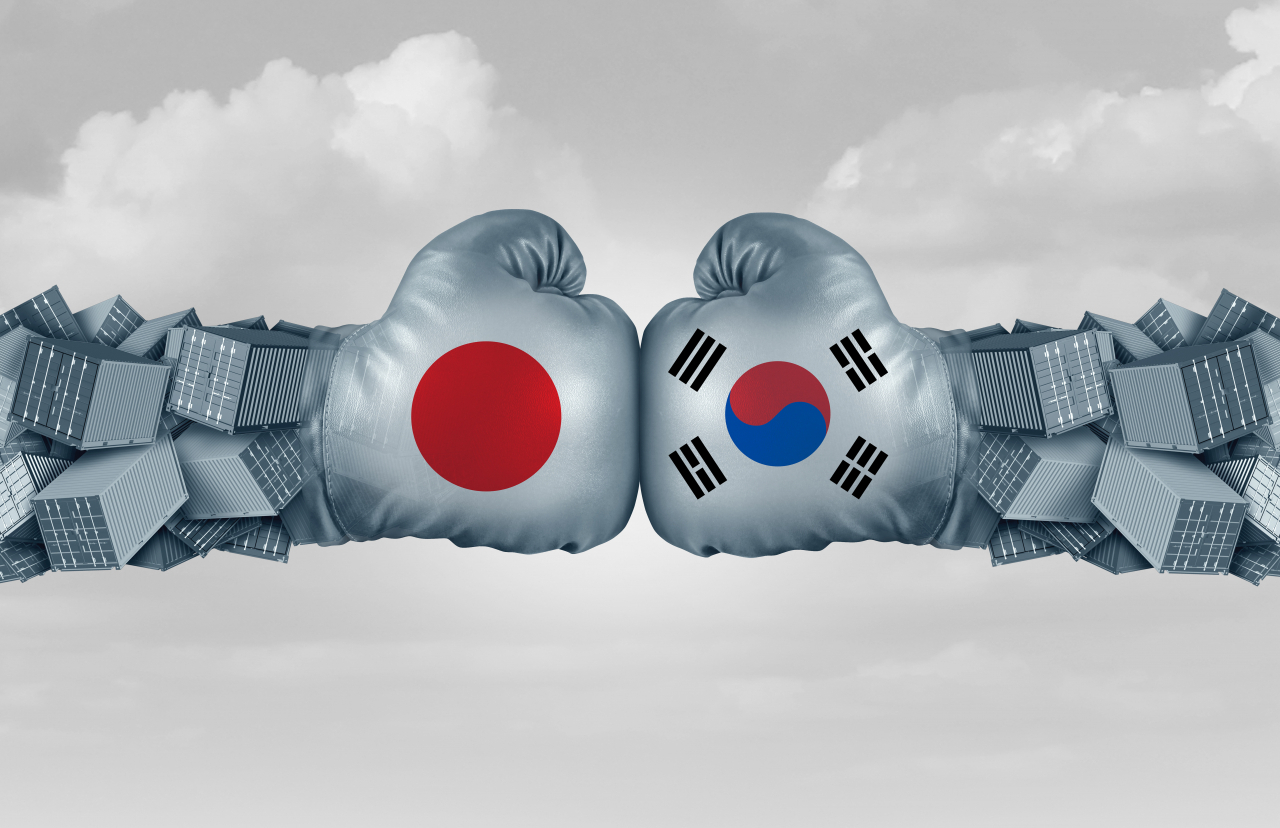‘Rewriting wartime past’ clouds prospects for forced labor deal
By Choi Si-youngPublished : Jan. 24, 2023 - 17:37

A second attempt by Japan to seek a UNESCO World Heritage List designation for a 400-year-old gold mine that South Korea says forced Koreans into labor during World War II is casting a shadow over current bilateral talks underway to resolve the dispute.
Tokyo formally refiled a request Friday to obtain recognition for its Sado Island mine, omitting the history of Koreans forced to work at what was once the world’s largest gold producer before the shutdown in 1989. Updated documents submitted this time potentially accounted for “insufficient information,” the reason for initial delay. The additional information, however, does not have to do with rights abuses.
Seoul immediately expressed regrets the same day over Tokyo’s second attempt. Korea urged Japan to take steps first to address its previous complaint over another historical site that earned UNESCO recognition in 2015. A UNESCO decision at the time prompted Japan to promise offering a more detailed history of Hashima Island or Battleship Island, where Koreans were also forced to work at coal mines.
“The South Korean government will make all efforts with UNESCO and the international community to have all the painful history involving forced labor acknowledged,” Seoul’s Foreign Ministry said in a statement. The ministry called in the charges d’affaires of the Japanese Embassy to lodge a strong complaint.
The latest flare-up in tension adds to building friction between Korea and Japan over redress for Koreans forced to work for Japanese companies during World War II, a period marked by Japan’s 1910-1945 colonial rule of the Korean Peninsula.
The two Asian neighbors are currently nearing a compromise after some four years of struggle since October 2018, when Korea’s top court held Japanese firms liable for damages. Japan has since refused to recognize the ruling, saying that a previous treaty between the two countries had already resolved the issue.
The compromise on the table now involves Seoul compensating victims through Korean company funds while awaiting Tokyo’s “sincere response.” Seoul’s Foreign Ministry says it involves some form of apology and compensation, though the chief negotiator there has acknowledged that a direct apology and compensation from Japanese companies was unrealistic.
Such an approach, which was openly endorsed by the ministry at a Jan. 12 public debate it hosted, has largely infuriated Korean victims. The victims say Seoul is being overly soft on Tokyo in what they called a half-baked settlement that hardly discusses an admission of wrongdoing and compensation -- the two things victims have long sought.
Lim Jae-sung, the attorney who won the case for Korean victims in the 2018 Supreme Court ruling, told a local media outlet last week that Japanese company funds “will be the evidence of a true apology.” Lim previously said the Korean government needs to open more hearings to discuss a more balanced resolution. The government appears to keep hidden an “ulterior motive” in rushing a decision on the dispute, the attorney says.
For the Korean government, bringing closure to the longtime dispute marks the first step in mending strained ties with Japan, an increasingly important military partner in a three-way coalition that includes the US in the pursuit of a denuclearized North Korea, South Korea’s biggest security threat.
Washington has bemoaned the deepening gap in the way that Seoul and Tokyo, its two biggest Asian allies, see their shared history. Any cracks in the trilateral alliance could thwart a more effective united front on North Korea and hurt US supremacy in the region. The US has so far largely avoided intervention in the Korea-Japan dispute out of fear it could make reconciliation much harder.
However, Japan prompted another protest from Korea on Monday when its foreign minister claimed sovereignty over what Seoul calls Dokdo, a group of islets in the sea between the two countries. “A repeat of an unfounded claim does in no way help bilateral ties,” Seoul’s Foreign Ministry said.
-
Articles by Choi Si-young



![[KH Explains] Korea-Japan breakthrough? Watershed weekend faces challenges](http://res.heraldm.com/phpwas/restmb_idxmake.php?idx=644&simg=/content/image/2024/07/29/20240729050615_0.jpg&u=20240729183236)

![[Business Diplomacy] As Trump targets EVs, Hyundai-Kia shifts gears to hybrids](http://res.heraldm.com/phpwas/restmb_idxmake.php?idx=644&simg=/content/image/2024/07/30/20240730050592_0.jpg&u=20240730155845)













